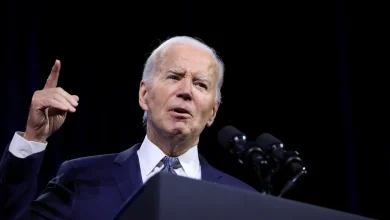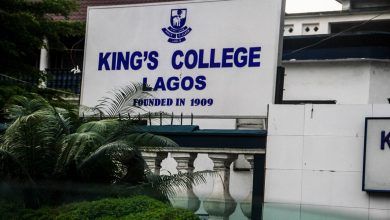
Nigeria’s Del-York Group and Singapore’s TSC Global have signed a $4.5bn joint venture agreement to develop Lagos Film City, an ambitious project aimed at positioning Africa as a global hub for creative and technological innovation.
The companies said in a statement on Friday that the signing ceremony was held in Singapore, marking one of the largest single investments in Africa’s creative sector.
Architectural work on the project, dubbed Kebulania, is scheduled to begin in the first quarter of 2025, with construction set to follow by the second quarter.
It outlined Kebulania as a comprehensive ecosystem featuring a 50,000-square-meter hyperscale data center, sustainable power generation of up to 1GW, and 500,000 square meters of creative and innovation spaces.
The project will also include advanced virtual production stages, world-class educational facilities, and residential areas.
The Governor of Lagos State, Babajide Sanwo-Olu attended the event virtually, underscoring the state government’s support for the initiative.
Sanwo-Olu said, “This investment will transform our creative landscape while creating groundbreaking opportunities for our talented youth.
“It demonstrates our commitment to positioning Lagos as Africa’s premier creative capital, thanks to the visionary leadership of His Excellency, the President of the Federal Republic of Nigeria.”
The Chief Executive Officer of TSC Global, Michael Dickerson, emphasised the strategic importance of the venture.
“Our $4.5bn joint venture bridges Africa and the world, creating unparalleled opportunities for creative and technological collaboration between continents,” he said.
“Together with Del-York Group, we are creating a new model for creative industry development that will resonate globally.”
The CEO of Del-York Group, Linus Idahosa, described the deal as a milestone for Africa.
“Today marks Africa’s emphatic entry into global creative and technological leadership,” Idahosa said.
“With the unwavering support of the Lagos State Government, alongside our partners, we are building more than infrastructure – we are creating a legacy that will empower generations of African creators and innovators.”
The parties believe that the project will generate more than 10,000 direct jobs and 25,000 indirect employment opportunities, contributing over $3.5bn annually to Nigeria’s creative economy.
It will also provide 50,000 training positions each year, fostering skills development and boosting foreign exchange earnings through international productions.
Environmental sustainability is a core element of the development, with plans for 40 per cent renewable energy integration, advanced water recycling systems, green building certification, and biodiversity preservation initiatives.
The companies said the project aims to serve as a catalyst for international co-productions, technology partnerships, and educational collaborations, further strengthening Africa’s creative and technological sectors.





